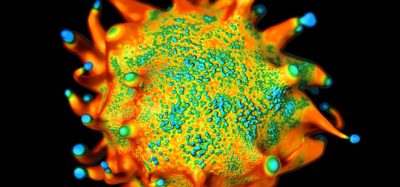NICE releases draft guidance for using cannabis-based medicinal products
Posted: 9 August 2019 | European Pharmaceutical Review | No comments yet
The NICE and NHS have announced their draft recommendations for the prescribed use of cannabis-based treatments.


The UK National Institute for Health and Care Excellence (NICE) has released draft recommendations for the use of cannabis-based medicinal products. The guide is a result of a comprehensive evaluation of their clinical and cost-effectiveness.
The draft follows the re-classification of these products last year to allow specialist doctors to prescribe them where the needs of patients cannot be met by licensed medicines. The guidance is for the treatment of patients with intractable nausea and vomiting as a result of chemotherapy, chronic pain, spasticity and severe treatment-resistant epilepsy.
The recommendations investigate most cannabis-based medicinal products, including the Sativex, a licensed product for treating spasticity in people with multiple sclerosis (MS). It found that this product is not cost-effective so should not be prescribed for this therapy.


Paul Chrisp, director of the Centre for Guidelines at NICE, said: “In most cases, the draft guidance recommends that more research is carried out, echoing the recent call by the National Institute of Health Research for research proposals for these products. To that end NICE welcomes the recent suggestion from the House of Commons Health and Social Care Committee that companies should be encouraged to undertake or enable research into their medicinal cannabis products.”
The UK National Health Service (NHS) has also published a review aimed at assessing the barriers of prescribing cannabis-based medicinal products where safe and clinically appropriate.
This guide highlights the lack of clinical evidence about the long-term safety and effectiveness of medicinal cannabis. It suggests two clinical trials to test cannabis-based products.
The draft guidance will be open for public consultation until 5 September 2019.
Related topics
Cannabinoids, Drug Development, Regulation & Legislation, Research & Development (R&D)
Related organisations
National Health Service (NHS), National Institute for Health and Care Excellence (NICE)









